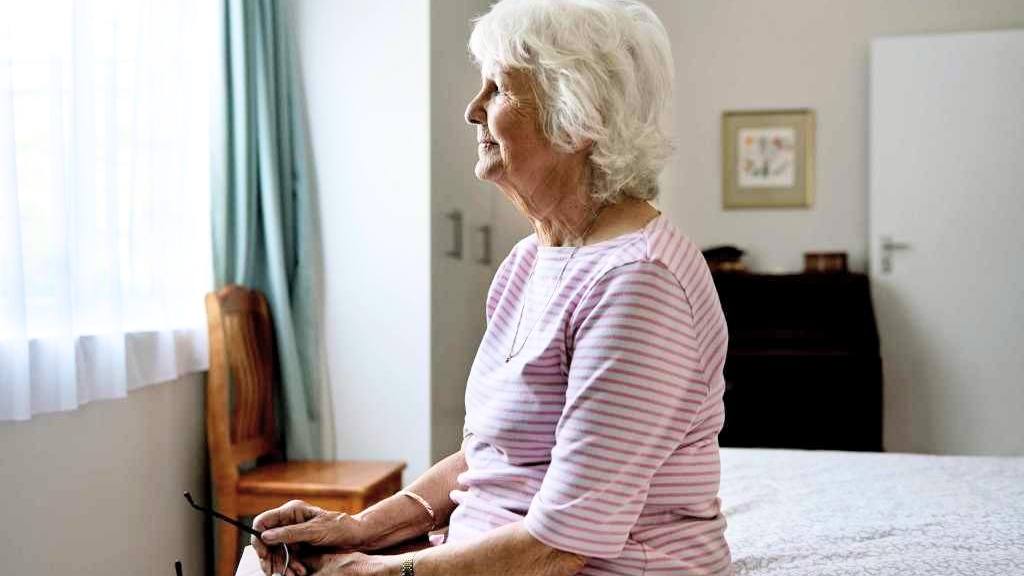-
Featured News
COVID-19: Keeping seniors, immunocompromised people safe

Some people are at higher risk of getting very sick from COVID-19 because of their age or underlying health conditions, according to the Centers for Disease Control and Prevention (CDC). Adults 60 and older and those with an underlying health condition or a compromised immune system appear to develop serious illness more often than others.
According to Dr. Jessica Lancaster, a Mayo Clinic immunologist, as we age, our immune systems start to gradually decline and has a much more delayed immune response when faced with infection. Dr. Lancaster says one way to think about how our immune system works is to think of it as a sort of military operation.
"The different immune cells come together and they have to coordinate their efforts in order to repel the threat," says Dr. Lancaster. "So if you think of a younger immune system, the cells are able to react much more quickly and are able to coordinate their efforts in order to clear the infection. However, as we age, the ability for the cells to communicate with each other starts to diminish. It starts to slow down and, thus, the patient could potentially succumb to the effects of the illness before they had a chance to launch a proper immune response."
Watch: Dr. Lancaster offers tips on how to keep seniors and immunocompromised people safe.
Journalists: Broadcast-quality sound bites with Dr. Lancaster are in the downloads at the end of the post. Please courtesy "Jessica Lancaster, Ph. D. / Immunology / Mayo Clinic."
Dr. Lancaster says a person's immune system starts to gradually decline in function and speed of response around middle age, but it takes a sharper decline at 65.
"Because of this, the aged immune system has a much slower response to an infectious disease and also there is an increased incidence of autoimmune disorders such as lupus or rheumatoid arthritis," Dr. Lancaster adds.
Keeping older people healthy
There are a number of things people at higher risk of COVID-19 can do to protect themselves, starting with making healthier lifestyle choices. Dr. Lancaster says it's important to get enough sleep, and stay hydrated and nourished. Older adults and immunocompromised people also should practice social distancing and avoid densely populated crowds to avoid picking up any potential new germs.
Maintaining social interactions
Dr. Lancaster says it's also important to maintain social interactions with elderly people. Interactions through the phone, or digital communications like video chat or email, are ways to stay connected while maintaining that social distance.
"It's important for them to have social connections because, for one, this will play a role in their own personal well-being and their levels of stress, which have been shown to play a direct role in the ability to have a healthy immune response," says Dr. Lancaster.
Practicing proper hand-washing and taking steps like coughing into your elbow are important measures to stop the spread of germs.
Check the CDC website for additional updates on COVID-19.
For more information and all your COVID-19 coverage, go to the Mayo Clinic News Network and mayoclinic.org.
Related Articles







